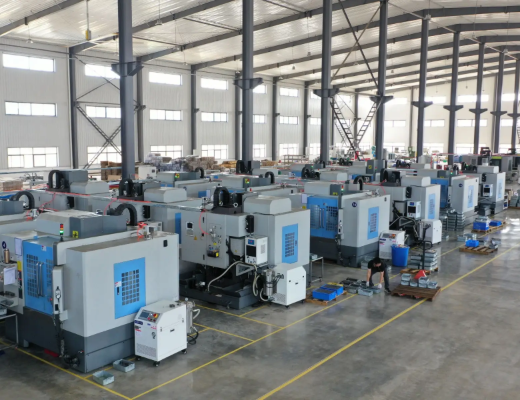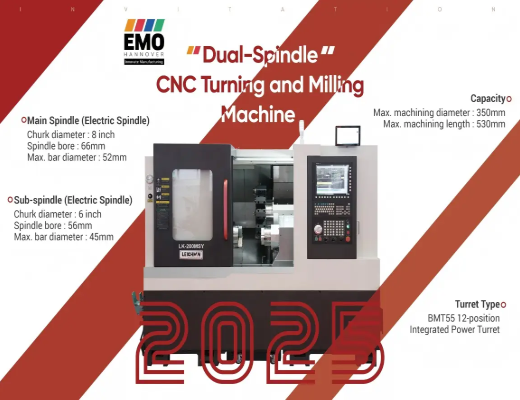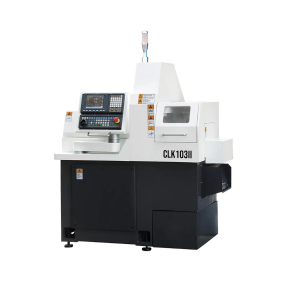CNC machining centers have revolutionized the manufacturing landscape, offering distinct advantages over traditional machine tools. Understanding these differences is crucial for businesses looking to optimize their production capabilities. As an advanced provider in this sector, we will explore the key distinctions between CNC machining centers and conventional equipment.
Automation vs. Manual Operation
One of the primary differences between CNC machining centers and traditional machine tools is automation. CNC (Computer Numerical Control) machines operate through programmed instructions, allowing for precise and repeatable machining processes. In contrast, traditional machines often require manual operation, which can lead to inconsistencies and errors.
CNC machining center manufacturers have designed these machines to handle complex tasks with minimal human intervention. This automation not only enhances accuracy but also reduces the time needed for setup and operation. For businesses that require high-volume production, the efficiency gained through CNC technology is significant, making the CNC turn-mill center machine a preferred choice for many manufacturers.
Precision and Complexity in Design
Another critical difference lies in the precision and complexity of the parts that can be produced. CNC machining centers excel at creating intricate designs that traditional machines may struggle with. The advanced programming capabilities of CNC machines allow for multi-axis operations, enabling the manufacture of complex geometries in a single setup.
Traditional machine tools, on the other hand, often rely on multiple setups to achieve the same results. This not only increases the potential for errors but also extends production time. As a result, businesses invested in high-precision industries, such as aerospace and medical devices, increasingly turn to CNC machining center manufacturers for their advanced solutions.
Flexibility and Adaptability
CNC machining centers offer greater flexibility and adaptability compared to traditional machine tools. With the ability to quickly change between different programs, CNC machines can easily switch from one production run to another, accommodating varying customer demands without significant downtime. This is particularly advantageous for companies that need to adjust their production lines frequently.
In contrast, traditional machines typically require more extensive reconfiguration for different tasks, which can lead to increased lead times and reduced responsiveness to market changes. As businesses look for ways to remain competitive, the ability to quickly adapt to new requirements becomes a strategic advantage, reinforcing the importance of investing in CNC technology, such as the CNC turn-mill center machine.
The Strategic Edge of CNC Technology
In summary, CNC machining centers provide significant advantages over traditional machine tools in terms of automation, precision, and flexibility. For clients looking to enhance their manufacturing capabilities, understanding these differences is essential. By collaborating with reputable CNC machining center manufacturers, businesses can access advanced solutions that streamline their production processes and improve overall efficiency. At Leichman, we are committed to delivering high-quality CNC equipment tailored to meet the specific needs of our clients, ensuring they remain competitive in an evolving market.










